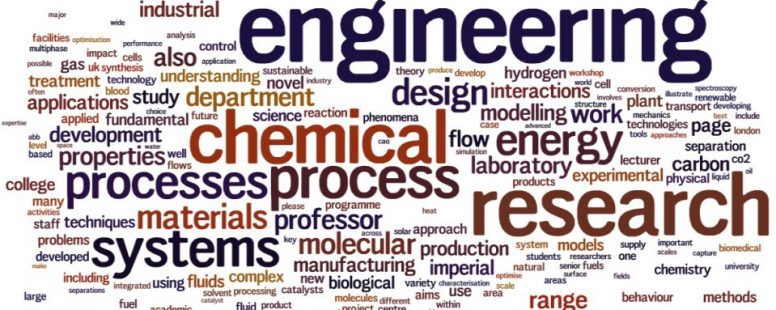Engineers can be distinguished from other professionals by their ability to solve complex problems and implement solutions in cost effective and practical ways.
Engineering is the application of scientific knowledge to solving problems in the real world. While science (Physics, Chemistry, Biology, etc.) allows individuals to gain an understanding of the World and the Universe, Engineering enables this understanding to come to life through problem solving, designing and building things.
The ability to interpret mathematical equations and understand scientific concepts are just some of the skills that engineers use to develop a concept or product. There are engineers in practically every field, from biomedical and chemical to mechanical nuclear. Engineers use problem solving skills combined with practical application in order to come up with inventions that present resolutions to everyday quandaries.
Engineering has matured and expanded over the centuries along with humans’ knowledge and understanding of science, mathematics and the laws of physics and their applications. Today, engineers apply both well-established scientific principles and cutting-edge innovations in order to design, build, improve, operate and maintain complex devices, structures, systems and processes.
The field of engineering is divided into a large number of specialty branches:
- Aerospace engineering
- Biological engineering
- Civil engineering
- Chemical engineering
- Ceramics engineering
- Computer Science
- Electrical engineering
- Engineering physics
- Financial engineering
- Fire protection engineering
- Industrial engineering
- Materials Engineering
- Mechanical Engineering
- Military engineering
- Nuclear engineering
- Offshore engineering
- Optical engineering
- Petroleum engineering
- Planetary engineering / Climate engineering (Geoengineering)
- Software engineering
- Systems engineering
- Textile engineering
Source: https://onlinemasters.ohio.edu/a-closer-look-at-engineering-professions/

